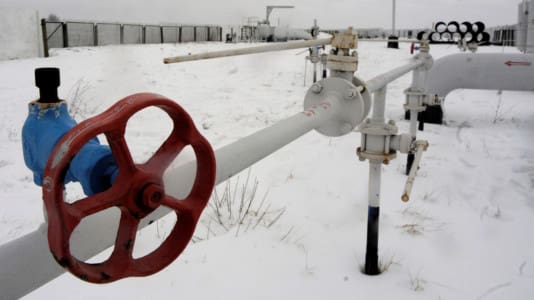The idea that Czechia’s pension system can be saved by incoming Ukrainian children is simply not true, and it is time for a pension reform, analysts have claimed in response to a statement by Czech Education Minister Petr Gazdík.
According to the minister, if Ukrainian children remain in the Czech Republic, the generation born in the early 1970s will have their pensions taken care of. However, economists point out that it will not be that simple and there are still many variables.
Gazdík stated that spending on education is always the best recipe for the country’s economic future, and announced his intention to persuade the Minister of Finance Zbyněk Stanjura to increase investments in this area.
“Ukrainian children are a huge benefit for the Czech Republic,” Gazdík said in an interview with the Lidové noviny daily.
“If they stay, the generation of Husák’s children (those born in the early 1970s) will have their pensions taken care of. If these children stay here, Czech companies will not have to desperately beg to find a suitable graduate on the labor market. It is positive news for the Czech economy in the coming years, if I look at it cynically,” he added.
However, such claims raise several questions. One of them is that we do not even know the exact number of children that arrived in the Czech Republic from Ukraine since the beginning of the war. So far, Czechia has issued over 263,000 special visas since the Russian invasion, however, the actual number of refugees is reportedly much higher. According to Prime Minister Fiala, it could be up to 300,000, of which almost half are children.
Furthermore, it is unclear whether all these children will grow up in the Czech Republic or return to their homeland.
Only pension reform is a solution
“The statement was made in the euphoria in the first weeks of receiving refugees,” Lukáš Kovanda, chief economist at Trinity Bank, told Echo24. “I don’t think it’s economically justified, although I don’t want to reduce the importance of immigration in maintaining domestic public finances and the pension system,” he added.
According to him, there are still a lot of variables that must be answered before politicians can make such statements.
“There is the question of whether Ukrainian children will stay. We also do not know what qualifications Ukrainians have or how they fit into the Czech labor market. And there is also the question of whether the conditions for them can be adequate and if they might make further progress.
“That applies in particular to qualifications. It’s premature because we don’t have crucial data. Of course, if young people come, stay here, and are qualified, it would undoubtedly help,” added Kovanda.
However, the issue of pensions for the generation born in the early 1970s persists. It was a very strong generation, which is still at productive age.
“We are all terrified when this most numerous age group will retire and no longer contributes to the pension system but is on the recipient side, financed by the weaker generation. That is why it is necessary to carry out pension reform,” stressed Štěpán Křeček, advisor to the Prime Minister and Chief Economist at the BH Securities finance company.
The pension reform is already in the making, which is the job of Minister of Labor and Social Affairs Marian Jurečka. An expert team is currently being set up to prepare reforms, and a proposal should be ready by the end of next year.






